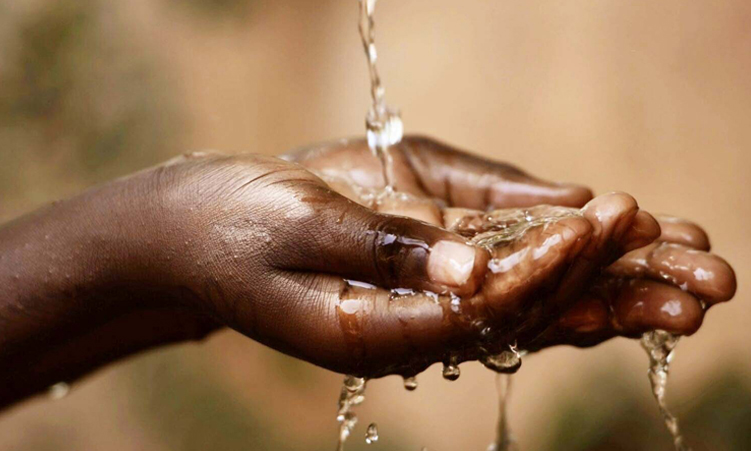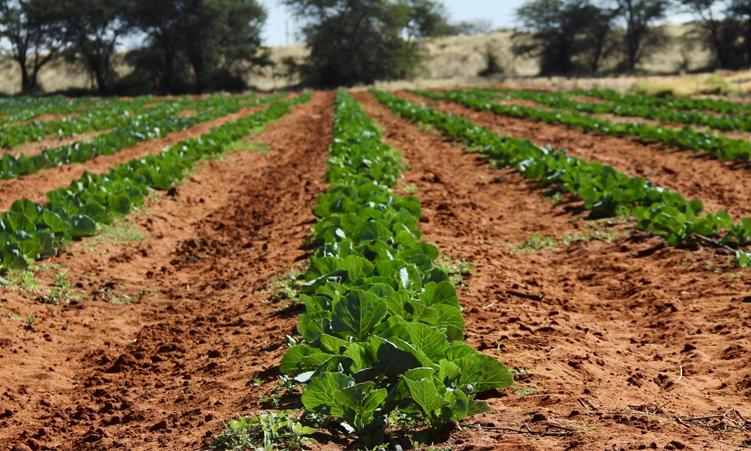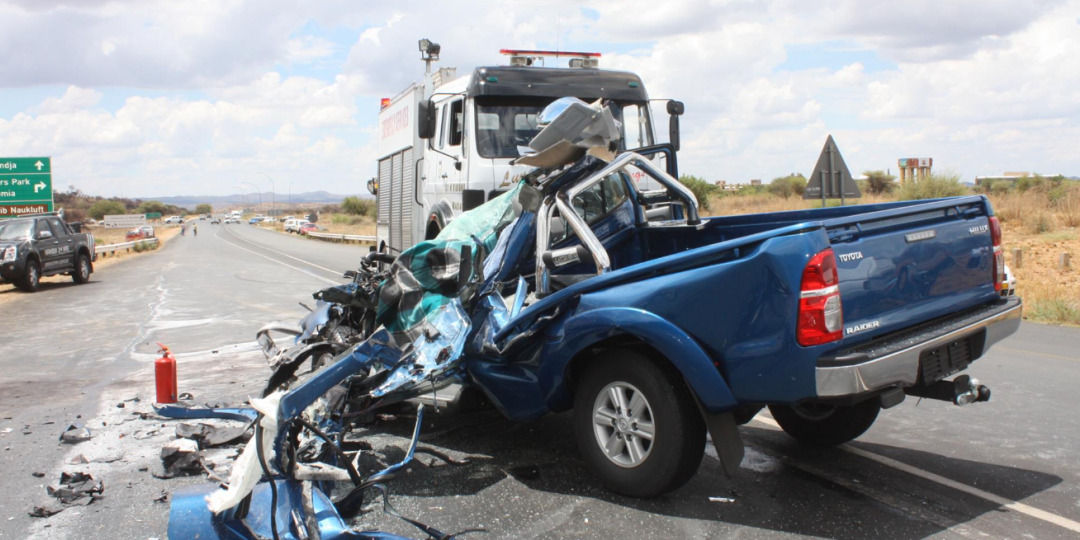Namibia’s upcoming elections tomorrow, 27 November, offer a pivotal moment to shape the nation’s future.
Beyond the contest for power, these elections are a chance to commit to addressing Namibia’s most pressing human rights challenges and to ensure justice, equity and dignity for all.
Whoever emerges victorious in the presidential race must commit to addressing both past abuses and present injustices.
Namibia has made significant strides since gaining independence in 1990, but not all citizens have shared equally in the nation’s progress.
While the country’s Constitution prohibits discrimination based on ethnicity or tribal affiliation, it does not specifically recognise the rights of indigenous people.
LAND RESTITUTION
Indigenous people, such as the San, have long faced systemic neglect, particularly over access to their ancestral lands.
These lands are not mere economic assets but cultural lifelines, integral to identity and survival.
Perhaps unsurprisingly, tangible progress on land restitution has lagged.
It is imperative that the next government establishes a clear, inclusive framework for land restitution for indigenous people that actively involves civil society organisations and indigenous people.
By allocating adequate resources and ensuring transparent, participatory decision-making, Namibia can begin to right these historical wrongs and safeguard the cultural heritage of indigenous people.
In 2023, the Committee on the Elimination of Racial Discrimination, in its concluding observations on Namibia, highlighted that indigenous people, such as the Khoisan and Otjiherero-speaking communities, experience poverty levels that are double those of groups whose primary languages are European (Afrikaans, English or German).
These systemic inequities in economic and social well-being stem from historic marginalisation and unequal access to resources and opportunities – issues that Namibia’s next government must urgently address.
INEQUITIES IN HEALTHCARE
Discrimination against indigenous people in Namibia is also reflected in inequities within healthcare.
The country has one of the highest tuberculosis rates in the world, with marginalised communities like the San disproportionately affected.
Amnesty International’s report, ‘“We don’t feel well treated”: Tuberculosis and the Indigenous San peoples of Namibia’, revealed harrowing accounts of San people walking miles to reach a clinic only to face unaffordable fees and systemic discrimination.
These challenges highlight broader failures in healthcare delivery that leave rural and underserved populations without adequate care.
While the current government has started to address these disparities by adding mobile clinics and beginning to implement a strategy, whoever is next in power in Namibia must invest more in rural healthcare infrastructure, ensuring accessibility and eradicating barriers to equitable treatment.
COLONIAL LEGACIES
Similarly, unresolved colonial legacies cast a long shadow over Namibia.
The 2021 declaration between Germany and Namibia – meant to address the genocide of the Herero and Nama people – fell short of its promise.
The agreement failed to include meaningful consultation with affected communities, sidelining those most directly harmed.
Such lack of inclusion violates the adage of “nothing about us, without us”, as well as the right of indigenous people to free, prior and informed consent – a reminder that justice must centre around the voices of those it seeks to serve.
Then there’s the climate crisis, a challenge Namibians know all too well.
Southern Africa is enduring its worst drought in over a century.
The conditions have devastated livelihoods and forced thousands of people to migrate.
Families from Angola’s drought-stricken Cunene Province have crossed into Namibia seeking food, water and survival.
Namibia, while grappling with its own climate challenges, has stepped in to support these migrants but does not have the resources to do so.
The next government must push for international support to address the negative human rights impact of droughts and climate change.
THE CHALLENGE OF CORRUPTION
Corruption and economic challenges add to the urgency for change.
Scandals like the Fishrot case have eroded trust in public institutions, while high unemployment continues to plague the country.
Freedom House’s 2024 report on Namibia highlighted governance failures that only deepen public disillusionment.
The next administration must prioritise respect for human rights, transparency and accountability, prevent and combat corruption, and ensure that resources are distributed equitably to rebuild trust and foster growth.
Namibia’s next leaders must listen to constituents and act decisively in support of justice.
They must address historical grievances, like land rights for indigenous people.
They must ensure everyone, regardless of income or location, can access quality healthcare.
They must tackle the climate crisis with boldness, protecting both Namibians and those seeking refuge within its borders.
Namibia stands at a turning point.
Leaders must embrace policies that reflect fairness, inclusion and accountability and build a Namibia that works for everyone.
Let this be the moment Namibia recommits to the promise of justice and human rights for all its people.
* Nkanyiso Mtolo is an Amnesty International campaigner in the East and Southern Africa Regional Office.
Stay informed with The Namibian – your source for credible journalism. Get in-depth reporting and opinions for
only N$85 a month. Invest in journalism, invest in democracy –
Subscribe Now!










